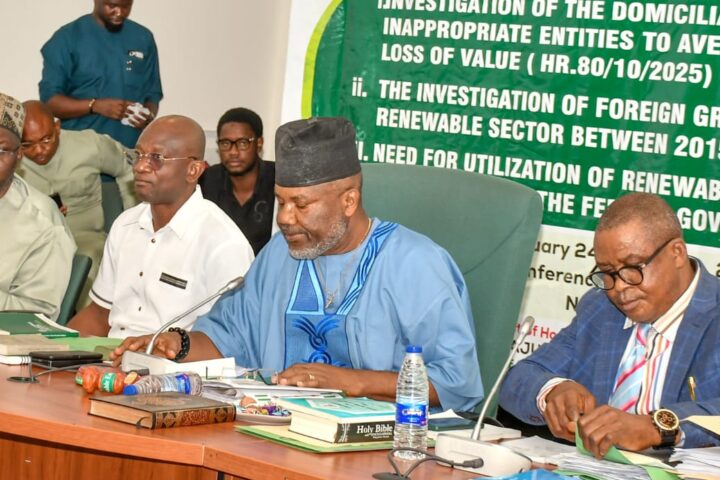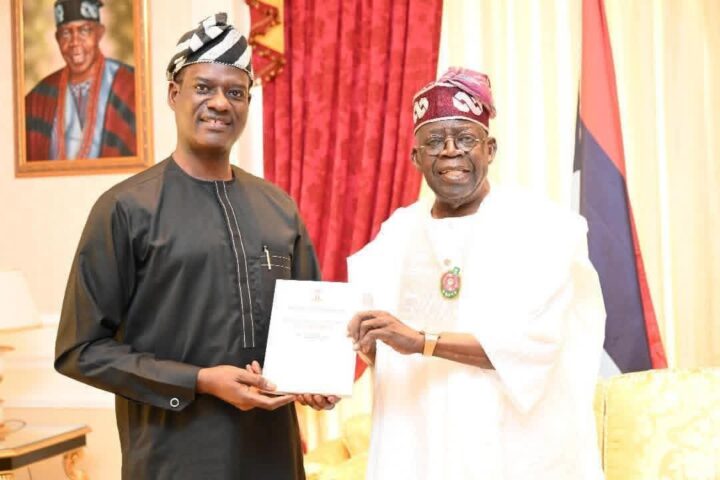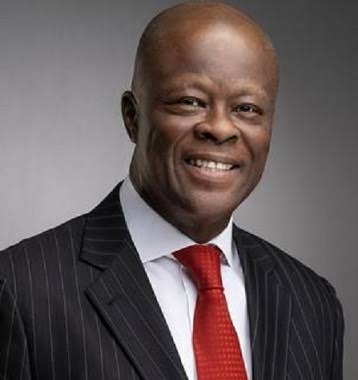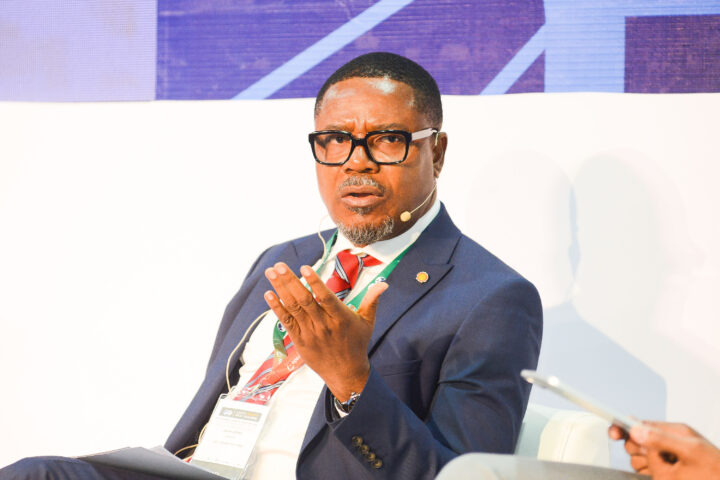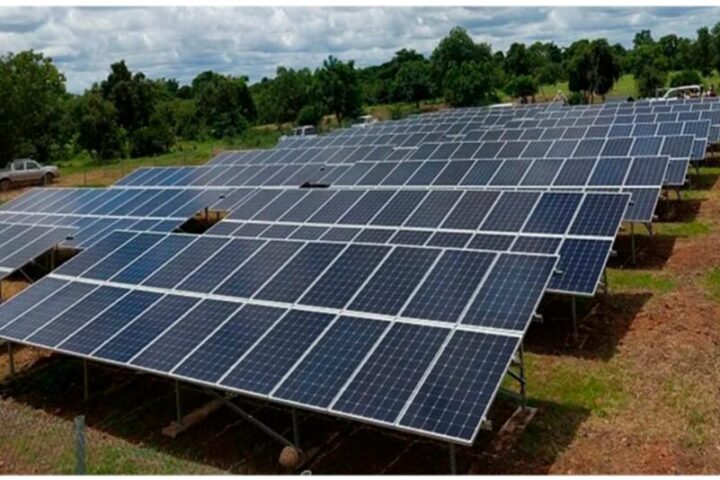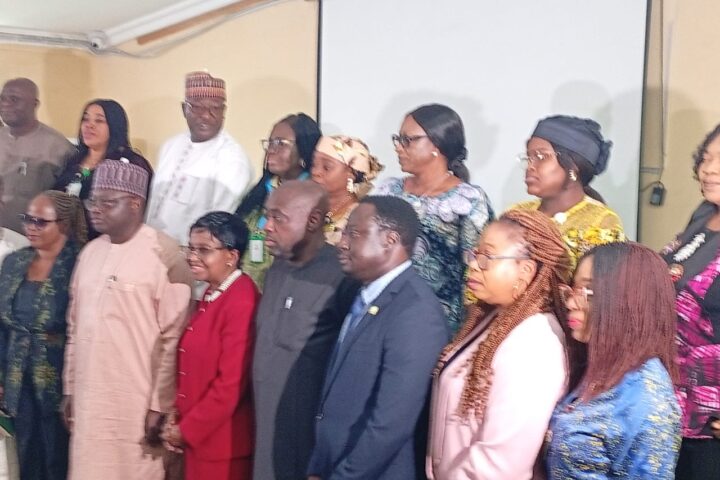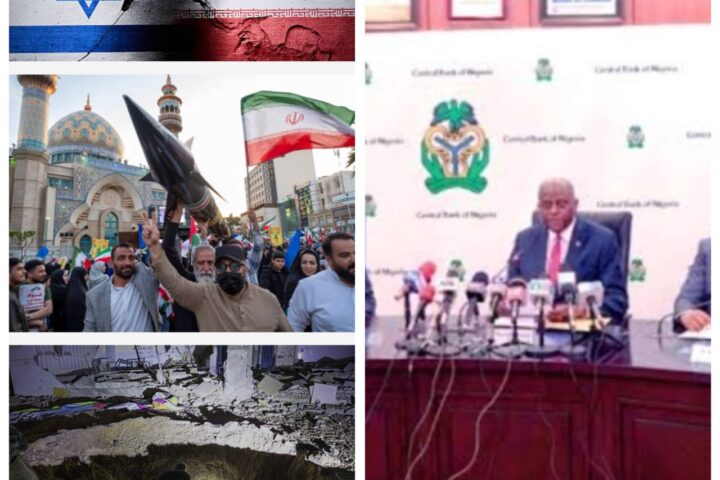
A Nigerian author and journalist, Dr. Michael Owhoko, has said that the oil found in the Niger Delta region belongs to the people of the area, and not Nigeria.
He said that God provided every habitat with natural resources, including agricultural crops for subsistence.
He also said the Niger Delta region had existed before Nigeria was created, and the oil was never part of sovereignty it ceded to bring about the country.
He said: “Therefore, it is morally wrong for the government to single out the most valuable resource of a particular region for confiscation, while leaving other regions to enjoy their resources exclusively”, he said.
In apparent reference to former President Olusegun Obasanjo who said that the oil belongs to Nigeria, and not Niger Delta, Owhoko asserted that the oil is owned by Niger Delta, but that the Federal Government has oppressively expropriated it by transferring ownership to itself, using the law to legitimize the process, which he said, does not make it morally right.
He said the obnoxious Petroleum Act of 1966 which now forms part of Section 44(3) of the 1999 constitution was used to legitimize this illegality, which confers on the Federal Government, ownership and control of all petroleum resources found in, under or upon all land or waters in the country.
He said the development is at variance with practices in advanced democracies where host communities, states or regions own the resources and pay taxes and royalties to government.
In an article entitled, “Oil is owned by Niger Delta, not Nigeria”, Dr. Owhoko who is also the author of “The Language of Oil and Gas”, an authoritative petroleum industry book, said “In law, whoever owns the land, owns the resources therein, and this principle is supported by the Ad Coelum Doctrine.”
“Why singling out petroleum resources in a particular region for acquisition? If the intention of government was sincere, the law should have been extended to cover all natural resources, including food and cash crops across the country”, he added.
He added that depriving the Niger Delta region of its oil while leaving other regions or communities to exploit natural resources found in their areas, amounts to injustice, citing Zamfara and Osun as states currently enjoying the benefits of gold mining along other states or regions reaping from their agricultural crops.
He noted that the Niger Delta people are not only deprived of their oil resource, they also bear the brunt of oil exploration, including destruction of their ecosystem. Fish, crops, weather, water and other organisms in the region suffer pollution and contamination. Oil has brought miseries to the people to the extent that even basic agricultural and fishery activities which provide succour for the people are no longer generative, due to environmental degradation.
According to him, when groundnut, cocoa and palm produce were Nigeria’s economic mainstay, the parts of the country where these produces were derived, namely, the North, West and East separately received 50 percent of the revenue in line with the derivation principle as contained in the 1963 Constitution.
“Why then is the government reluctant to raise the derivation revenue that should accrue to the Niger Delta region to 50 percent when the 1999 Constitution has given a window for upward review?,he queried
He disclosed that the 13 percent derivation principles as contained in Section 162, Sub-section 2 of the 1999 Constitution (as amended) is intended to adequately compensate the people of the region for confiscation and damages arising from oil exploration and production.
He said, while the region was still contending for an upward review of the 13 percent, about 59 Northern lawmakers in the House of Representatives lately had vexatiously pushed for a bill to expunge the derivation principle under the 1999 Constitution.
He said:“Obviously, the intention of the 59 legislators is to deny the Niger Delta region of the 13 percent derivation revenue to enable redistribution of the proceeds to shore up revenues in their region. This motive is not only thoughtless and heartless, it smacks of parliamentary hypocrisy and insincerity, capable of plunging the region into pointless crisis that could worsen the country’s economic woes”.



